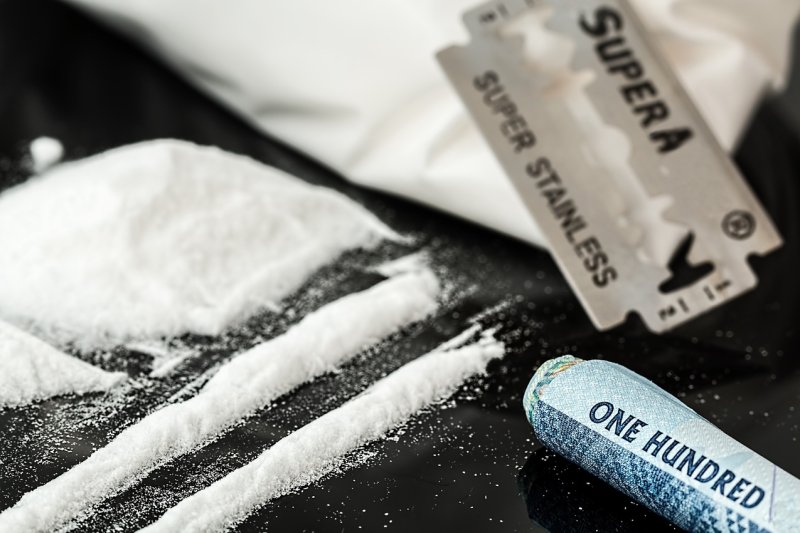New research with mice given cocaine suggests that exercise can help people addicted to drugs abstain, regardless of the presence of triggers for their drug use. Photo by stevepb/
Pixabay
Nov. 14 (UPI) -- Exercise makes drug addicts less susceptible to succumbing to the cues that trigger a relapse, a new study suggests.
Where an addict normally uses drugs, the people an addict uses drugs with and the paraphernalia they use to consume the drugs all act as cues that can derail an addict's recovery process.
A study published in the journal ACS Omega has found that exercise changes the peptides in the brain, giving drug addicts more power to fight cravings.
Past studies had connected exercise to recovery from drug addiction, but until now, researchers couldn't pinpoint the reason.
Researchers made this discovery after they injected mice with cocaine over four days in a chamber with a distinctive floor texture to create a connection with the environment and the drug. Then, for 30 days, they put some of the mice in cages with running wheels and some in cages without them.
The mice that ran on the wheels had lower levels of brain peptides associated to myelin, which researchers think helps keeps memories in a fixed place.
"Exposure to a cocaine-paired context increased several hemoglobin-derived peptides in the amygdala in runners and an actin-derived peptide in sedentary animals," the study read.
After releasing all of the mice back into the chamber, researchers observed the mice that ran on the wheel showed a lower preference for cocaine-associated environment than the sedentary mice. Along with lower levels of myelin-related peptides, the runner mice also had higher levels of hemoglobin-derived peptides, which aid in cell signaling in the brain.
According to the researchers, these results will help them understand how peptide changes will assist to identify biomarkers for drug dependence and relapse.
"Our findings identify novel molecular correlates of both drug cue exposure and intervention to extinguish the learned associations in two specific brain regions critical to the drug dependence and relapse," the study read.















